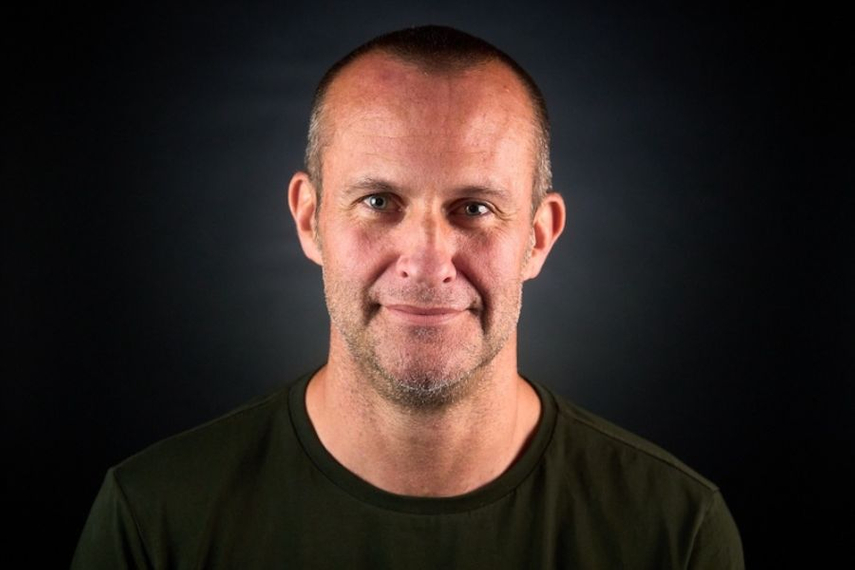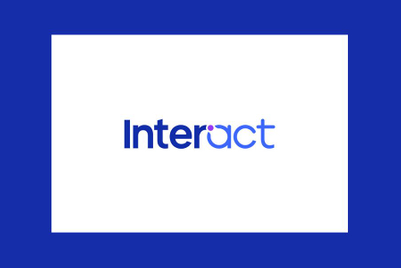
Interpublic Group is unifying performance marketing group Kinesso and data business Acxiom under one leader as part of a broader simplification drive the network has been undergoing since last year.
Jarrod Martin, current global CEO of Kinesso, has been handed the additional responsibility of overseeing Acxiom in order to enable what IPG CEO Philippe Krakowsky described as a “unified model” connecting the network’s technology and data tools, capabilities and talent.
It comes nine months after the holding company folded Reprise and Matterkind into Kinesso to simplify its offering to clients, which included moving all IPG Mediabrands companies under one P&L.
Acxiom and Kinesso will continue to operate under separate P&Ls and will “retain their distinct identities and culture,” Martin told Campaign US.
Moving the two units under one leader appears to be designed to bolster use of Acxiom’s data. It also halts the search for a replacement for Acxiom CEO Chad Engelgau, who left at the end of January to move into the nonprofit industry.
Krakowsky said the unified model will “deepen our ability to activate data on behalf of all our clients,” while Martin discussed how it will enable IPG to deliver “precisely targeted” customer experiences by combining Acxiom’s data and tech with Kinesso’s martech solutions.
Acxiom provides the spine for IPG’s marketing “engine” which connects its data, media, creative, production and commerce capabilities in one platform.
As part of the unification, IPG has moved its Salesforce cloud services — including RafterOne — under Acxiom.
Acxiom chief operating officer John Watkins will take on responsibility for the Salesforce cloud services in addition to his role overseeing Acxiom’s first-party data management business.
The moves are designed to “drive growth” rather than cut costs, Martin said, stating there are no plans to consolidate roles or merge teams.
Meanwhile, Keith Camoosa has rejoined IPG from Dentsu to lead Acxiom’s product strategy as chief product and technology innovation officer. He was previously global chief data and analytics officer at IPG Mediabrands agency Initiative, before moving to Dentsu as chief addressability officer in 2021.
Both Watkins and Camoosa will report to Martin.
IPG continues to engage third-party consultants to help it to navigate its simplification drive, initiated in 2023 after it witnessed a slowdown with organic revenue declining 0.1% in the year. The network has subsequently returned to growth, posting 1.3% in the first quarter of 2024, though it continues to pursue options to streamline its operations. This has included exploring a potential sale of digital marketing agency R/GA to India’s Tata Consultancy Services.
IPG acquired data firm Acxiom Marketing Services from Acxiom Corp for $2.3 billion in 2018. Following the sale, Acxiom Corp rebranded to LiveRamp.



+(900+x+600+px)+(3).png&h=334&w=500&q=100&v=20250320&c=1)
.jpg&h=334&w=500&q=100&v=20250320&c=1)





.jpg&h=334&w=500&q=100&v=20250320&c=1)


.jpg&h=268&w=401&q=100&v=20250320&c=1)



.jpg&h=268&w=401&q=100&v=20250320&c=1)

